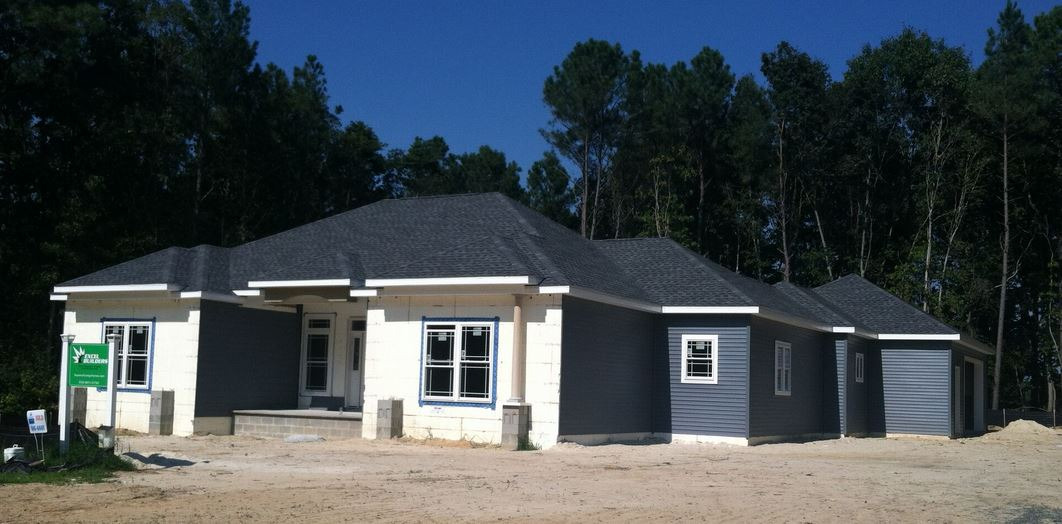
11 Benefits of Concrete House Construction

Benefits of Building an Energy-Efficient Home in Florida

The Advantages of ICF over CMU Construction
Concrete masonry units (CMU) and insulated concrete form (ICF) walls have several features in common: energy-efficiency, durability, and good indoor environmental quality (IEQ). However, ICF is quicker and easier to install compared to CMU, which saves time and money.

11 Must Haves for Energy Efficient Homes in Canada and the Northern U.S.
North America’s long-cold, sub-zero winters demand energy-efficient homes that save Canadian and American homeowners money while keeping their families warm and comfortable.

How to Attach Siding to an ICF Substrate

A Guide to Designing an Energy-Efficient Building in a Hot Climate
Everything Your Customer Wants You to Know About the Latest LEED Changes
Contractors, architects and engineers are designing and constructing new buildings that are using renewable materials, investing in sustainable HVAC systems, and are improving the building envelope to reduce the amount of energy waste.

The Benefits of Building Multi-story Residential Buildings with ICF Blocks

What is a Shear Wall and How Does it Protect Your Building?
Construction of a shear wall includes materials and design that enhance a structure’s stiffness, strength, and ductility in order to withstand lateral forces from severe winds and earthquakes.

4 Energy Efficient Materials to Consider for Your Next Residential Project
Energy efficiency isn’t just a trend in architecture and construction, it’s a requirement. Architects and contractors now regularly implement sustainable methods into their projects, and housing is no exception.